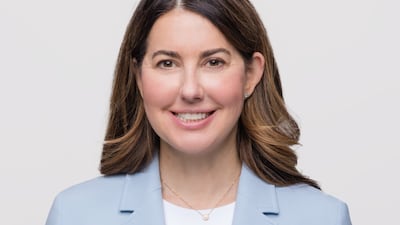The Food and Drug Administration’s (FDA) approval of Edwards Lifesciences Corp.’s Sapien transcatheter aortic heart valve device in early November was certainly a landmark occasion for the US cardiovascular device industry. But the move was so widely anticipated, it was already old news by the time the Transcatheter Cardiovascular Therapeutics (TCT) conference rolled around less than a week later. At TCT, US physicians were treated to a number of detailed sessions on how to set up and operate a transcatheter aortic valve implantation (TAVI) program at their hospitals, with an emphasis on collaboration between multidisciplinary teams of physicians (including interventionalists, heart valve surgeons, and advanced imaging experts); but there were also several sessions in which physicians discussed how deeply this technology will/should penetrate US clinical practice over the next several months. Although TAVI offers a new treatment paradigm for valve disease patients, one that many believe could significantly expand the treatable patient population, there are still some important questions about this procedure that remain to be answered – such as whether TAVI’s higher stroke risk compared to valve replacement surgery will limit its usefulness outside of inoperable or high surgical risk patients, and how durable TAVI devices will prove to be over the long term.
While researchers strive to answer these questions, device innovators are already attempting to engineer solutions to some of the more...
Read the full article – start your free trial today!
Join thousands of industry professionals who rely on In Vivo for daily insights
- Start your 7-day free trial
- Explore trusted news, analysis, and insights
- Access comprehensive global coverage
- Enjoy instant access – no credit card required
Already a subscriber?







